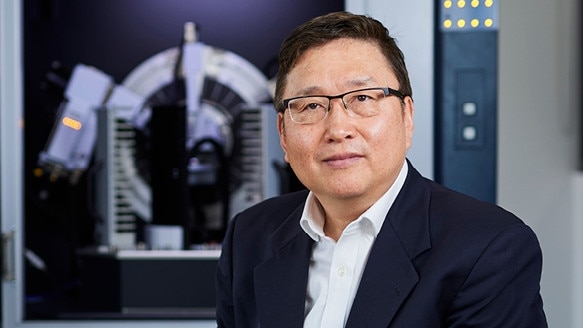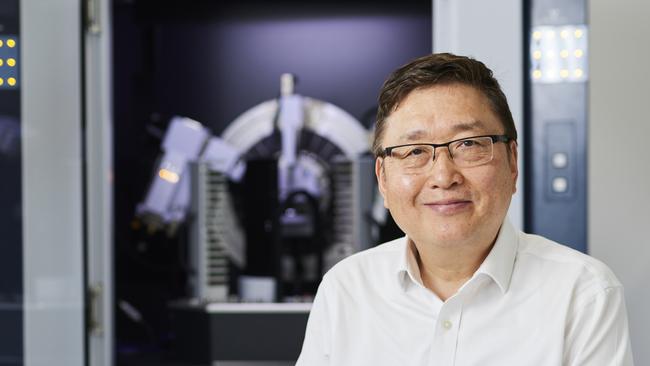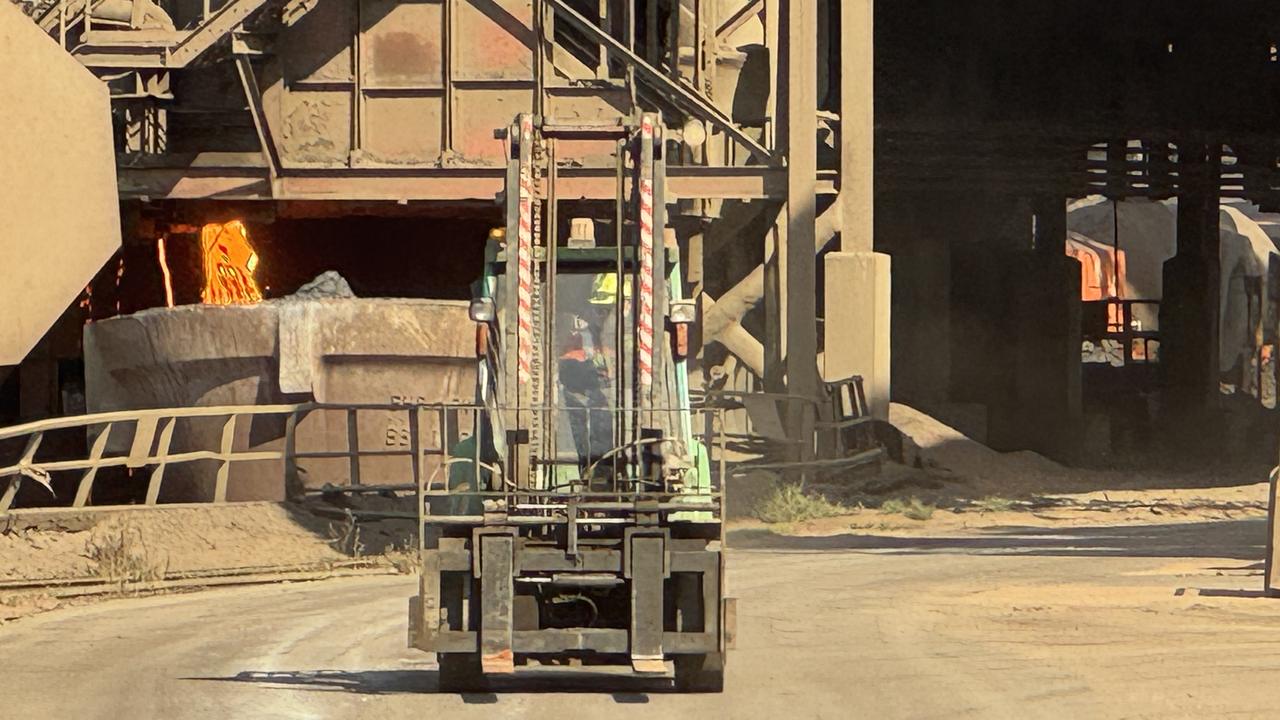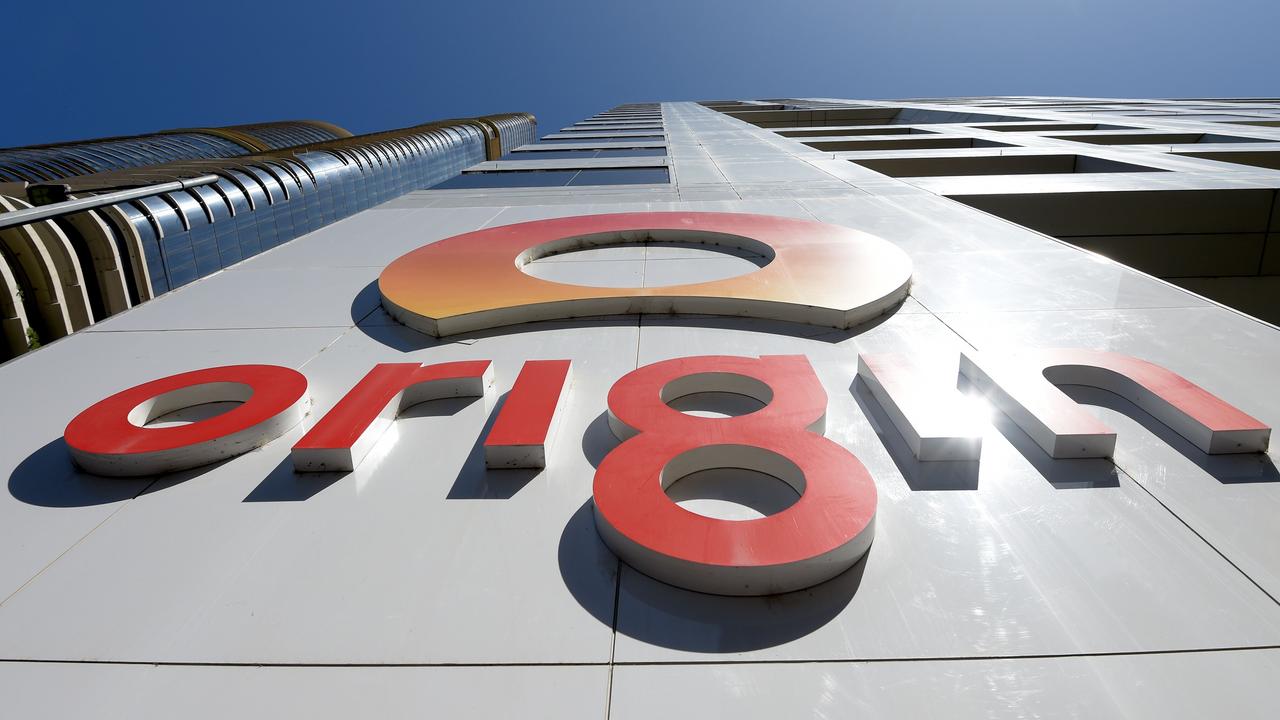Iondrive charging ahead with battery recycling technology
A tech company backed by coal baron Brian Flannery plans to break ground on a pilot plant in the new year in a bid to clean up the way batteries are recycled.

Business
Don't miss out on the headlines from Business. Followed categories will be added to My News.
A battery technology company backed by coal baron Brian Flannery is hoping to break ground on a pilot plant in the new year in its bid to clean up the way lithium-ion batteries are recycled.
ASX-listed technology minnow Iondrive raised $2m from investors last month to finalise a pre-feasibility study ahead of plans for the development of a pilot plant in Adelaide, where it plans to test its battery recycling process.
The technology, developed by the University of Adelaide, uses benign organic solvents to extract critical metals such as lithium, nickel, cobalt and manganese from used batteries.
Iondrive says the process is environmentally safe as it does not use high temperatures or corrosive acids, leading to a much smaller environmental footprint than conventional hydrometallurgical processes.
The company’s chief executive Ebbe Dommisse said Iondrive was working towards completion of the PFS by November ahead of a potential pilot plant launch by the middle of next year.

“A conventional hydrometallurgical process will either use very strong mineral acids like sulphuric acid or strong mineral bases like caustic soda, and that effectively dissolves all the solid material that you receive,” he said.
“It’s decades-old technology used for ore processing – it’s very energy intensive, it’s got a large environmental footprint, it’s got large waste streams requiring large water usage and leaves sulphates as waste to be disposed of.
“The technology that the university has developed uses benign organic solvents to selectively extract the respective materials that you want from the solid material. It’s almost the inverse of what you would do in a conventional hydrometallurgical process.
“The environmental footprint is much smaller, and that narrative really resonates with Europe and the US which are our major target markets.
“For example, Europe doesn’t really have a mining industry, so hydrometallurgical technology with strong acids, large waste streams and high energy intimidates them. What we’re offering is a lot more palatable to them.”
Interest in Europe is also being driven by new EU regulations that aim to improve the environmental performance of batteries throughout their life-cycle, including production, use and recycling.
Last month’s capital raise was backed by cornerstone investors Ilwella – the family office through which Mr Flannery holds a 15 per cent stake in the company – and ASX-listed investment company Strata Investments, which holds a little more than 19 per cent.
It was the first capital raising for the company – formerly known as Southern Gold – since it acquired Iondrive Technologies last year as part of a pivot from mining and exploration to battery technologies.
Mr Flannery was in Adelaide last week meeting with investors and representatives from the University of Adelaide.
Under a strategic partnership agreement with the university, Iondrive is contributing $2.5m over three years towards the university’s battery research and development work, and in exchange holds exclusive rights to license and acquire the intellectual property of several battery projects.
The academics leading the battery recycling project at the university are Professor Zaiping Guo and Professor Shizhang Qiao, who said the technology was “paving the way for more sustainable and efficient processes”.
“We are excited about the potential impact this work will have on reducing the environmental footprint of battery disposal,” he said.
Iondrive has applied for a federal grant to support its planned $4m-$5m pilot plant project, which has been provisionally earmarked for the Mawson Lakes technology precinct.
The company has also engaged engineering firm Wood Group to lead a concept study for the design of a 10,000-tonnes per year commercial processing plant.
And while a facility of that size would be several years away, Dr Dommisse said it could help to avoid an environmental crisis looming from the rising volumes of used electric vehicle batteries.
“That should be early 2030s, and it seems like a long pathway but it’s actually in synchronicity for when these end of life batteries from electric vehicles start coming on the market,” he said.
“So for us it’s perfect timing, from where we are now until being ready with a commercial plant to start taking in those volumes.”
While Iondrive’s battery recycling and technology projects are the company’s main focus, it also retains a mining exploration portfolio from its days as a pure resources play as Southern Gold, including lithium and rare earths projects in South Korea.





